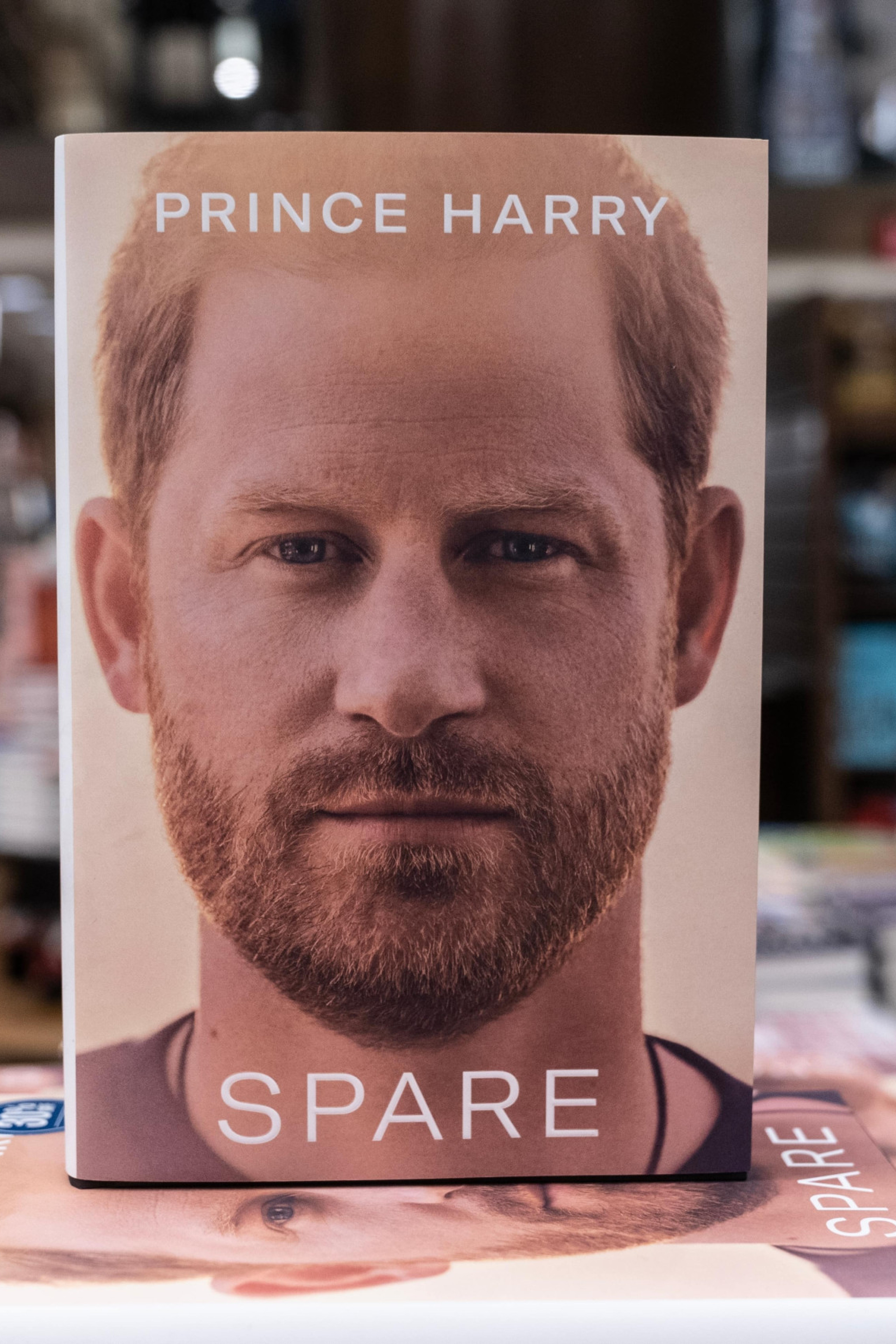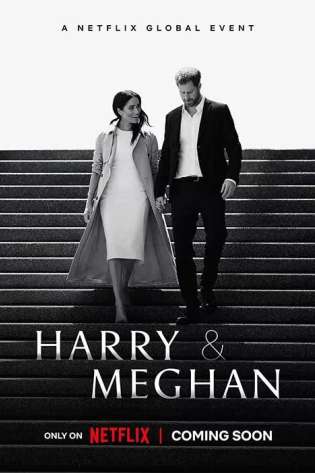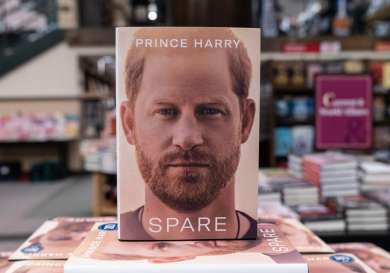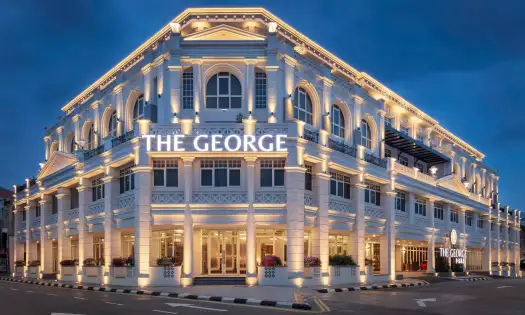The main exception to this rule is A King's Story, written in 1951 by the former Edward VIII. By then a private citizen, Edward abdicated his kingship, left Britain after a whirlwind romance with an American divorcee and had an unseemly personal history involving swastikas. Sometimes history doesn’t rhyme so much as it sings barbershop.
Over the course of its 407 pages, Spare traces a journey that even the most militant republican could probably recite chapter and verse: bereaved childhood, scandal riven youth, military service and veterans’ charities before the culmination of a wedding that provoked a media circus the size of the Eurasian supercontinent and finally the most conscious royal uncoupling since the execution of Charles 1st.
Whilst even the unique reality of being related to most of the core participants isn’t enough to get Prince Harry interested in British history, the truth of his own tale is a matter of almost religious importance to the spare across the water. Newly jettisoned from an intensely public life (in what he calls ‘the fish bowl’) that saw his every action raked over and, he argues, grossly misinterpreted by the same tabloids he blames for his mother’s death, he claims to have been constantly constrained from defending himself by battalions of politely demurring palace courtiers.
Spare is very much a maximalist course correction to this history of enforced, dignified silence. Now that he’s his own man, Harry’s committed himself to setting the record straight with what action movies would term as ‘extreme prejudice’.
The result is a fascinatingly insular and at times borderline solipsistic read. To call the world outside of Harry’s head a thumbnail sketch is an insult to both sketches and keratin. Sometimes this unawareness proves comedy gold: having asserted his hatred of all things posh, he mentions footmen bringing his dinner on silver platters. This is only slightly posh in his eyes, because the food was roast chicken rather than caviar.
He seemingly has no opinions on global events or the issues of the times he’s lived through that don’t directly affect him. Even culture doesn’t rate a mention, besides an affinity for Family Guy’s Stewie, who he bizarrely dubs a “prophet without honour.” For Harry, his own haunted psyche is of such endless fascination that the advice of nearly everyone in his life to ignore the reportage that upsets him so much is portrayed like a suggestion to give up breathing.
Harry’s feelings of persecution by the media make perfect sense as laid out in his own words. Traumatised by his mother’s death, endlessly photographed and snidely commented on thereafter, he’s never been in a position to get enough distance to process his anger towards the press. With his relationships breaking down due to tabloid coverage and a military career frequently stymied by the press leaking his location, it's hard not to understand his panic at the media frenzy around his marriage to Meghan Markle.
There are probably uncontacted tribal communities in the Amazon basin who have strong opinions on Megan and Harry’s retreat from Royal duties. Therefore, perhaps wisely, Spare wastes no time on bland objectivity. Instead, it asserts itself into the established he said/she said with the subtlety of an industrial jackhammer. Spare is very much not the kind of bloodless, forgettable stocking filler that so frequently springs from the pen of celebrity memoirists. It’s many things: blunt, absurd, affecting and overwritten, but it’s definitely not boring.
This filters down to the text; for reasons known only to himself Harry affects something bordering on a noir detective monologue, which frequently crosses into the unintentionally hilarious. He describes Charles and William thusly: “I saw them. Shoulder to shoulder, striding towards me, they looked grim, almost menacing…they appeared to be in lockstep – in league.” The Kray Twins come again.
Spare has a penchant for these telegrammatic sentences, alongside a noticeable aversion to punctuation wherever possible. This, combined with an endless parade of ‘dramatic’ one-line paragraphs (example: “I’d asked for this meeting with Willy and Pa” end paragraph “To find a way out” new paragraph) can make Spare feel like an easy-reading hybrid of Cormac McCarthy and James Ellroy which is, to put it mildly, unexpected.
To say Diana haunts Spare would be to woefully undersell the degree of Harry’s obsession; ‘possesses’ is more apropos. Beyond the book’s central purpose as a broadside against the British media, Spare is the howl of a little boy looking for his mother.
In this regard, it’s impossible not to feel sorry for the author; it takes him until the age of 23 before he’s even able to accept that his mother is dead and not in hiding. Memories from her funeral smash through the narrative with the unpredictability of free jazz: “[Gerri Halliwell] was world-famous for wearing a mini dress made of the Union Jack. Why’s there a Union Jack on the coffin?”.
The text throbs with Freudian innuendo: from the infamous passage where he describes feeling his mother’s presence whilst rubbing her favoured brand of lip salve on his frost nipped ‘todger’, to insisting that Diana had forgotten William and himself with her “there were three of us in that marriage” comment, you’d wonder whether he'd heard Spare out loud if he hadn’t voiced the audiobook.
It's the familial revelations that keeps the pace going (with apologies to the readers who are only here for Harry’s recurring obsession with Botswana). Whilst Charles is portrayed as rather charming, if unwilling to defend his son against the cruelties of the press, William is absolutely the villain of the piece. Even the sections where the brothers are at their closest teem with mentions of William’s jealousy and pettiness. It’s here that the reader most questions the veracity of Harry’s recollections, which for all his talk of desire for familial resolution, seem cherry-picked to show his brother in the worst possible light.
It's hard to shake the feeling whilst reading Spare that oceans of context have been skipped out. Harry himself claims that the book once ran at a monstrous 800 pages, with most of this material cut out, he implies, to protect the guilty. For all his claims of reaching across the aisle, this bizarre but always readable book surely renders reconciliation a pipe dream. For the reader this can only be to Spare’s benefit. It would threaten to be the last word in royal gossip, but considering that Harry’s deal with Random House is for four books, it seems likely there’s more where this came from.













